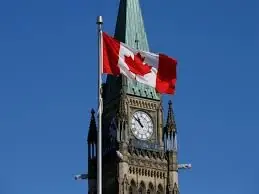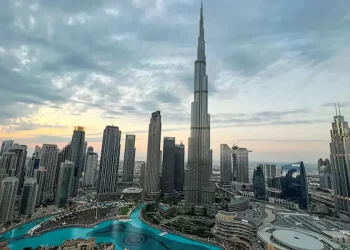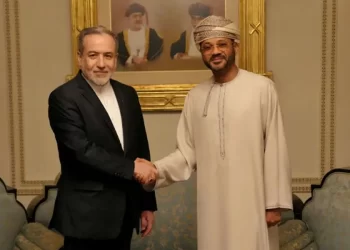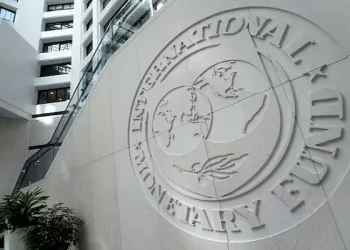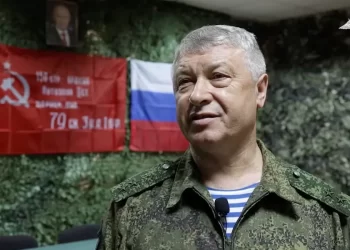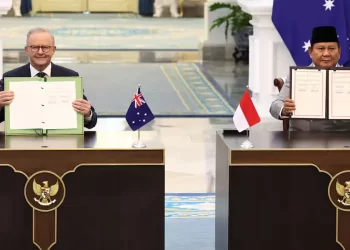Amidst the escalating tensions in the Russia-Ukraine conflict, India’s diplomatic stance has come under the spotlight, drawing both praise and criticism from the international community. Here’s a closer look at the key facets of India’s stance and the mounting external pressure it faces:
India’s Pragmatic Approach
India’s position on the Russia-Ukraine conflict reflects a pragmatic approach driven by its national interests:
Neutral Stance: India has opted to maintain a neutral stance, refraining from aligning with NATO or accusing Russia of its actions. This stance underscores India’s commitment to safeguarding its strategic autonomy and sovereignty.
Abstention at the UN: Despite mounting pressure, India has consistently abstained from voting on resolutions concerning the Ukraine crisis at the United Nations. This abstention reflects India’s reluctance to take sides in a conflict with far-reaching implications.
Imports of Russian Crude Oil: Despite facing international sanctions, India has notably increased its imports of Russian crude oil. While perceived by Western nations as implicit support for Moscow, India views this move as essential for securing its energy needs and maintaining bilateral relations.
Escalating External Pressure
India’s neutral stance has faced growing dissatisfaction and external pressure, particularly from Western nations:
U.S. Discontent: Western nations, led by the United States, have expressed discontent with India’s neutrality. The U.S., in particular, has intensified pressure on India from multiple fronts, urging a reconsideration of its stance.
Observations by Experts:** Michael Kugelman, deputy director of the Asia program at the Wilson Center, has acknowledged the mounting pressure on India. He highlights the challenging diplomatic landscape India navigates, especially as it approaches a general election, raising concerns over external influence on its democratic process.
Challenges to India’s Democratic Image
India’s democratic image faces scrutiny and challenges from the Western narrative:
Challenges to Democracy: Western nations challenge India’s status as the world’s largest democracy, citing concerns over democratic principles, human rights, and internal conflicts.
Critical Reports by the Carter Center:** The Carter Center, founded by former U.S. President Jimmy Carter, leads critical reports on Indian democracy, emphasizing authoritarian tendencies.
Attribution of Democratic Decline: Reports from the Carter Center and V-Dem attribute India’s democratic decline to the ascension of Narendra Modi and the Bharatiya Janata Party (BJP) in the 2014 elections. This narrative challenges conventional wisdom and underscores concerns over weakening democratic rights and freedoms.
Coordinated Critique on Indian Democracy
Efforts to critique Indian democracy are coordinated through various channels:
Funding of Think Tanks: The Carter Center funds global think tanks to study and disseminate negative reports on India’s democracy, elections, and minority policies.
Comprehensive Critique: By consolidating diverse perspectives, the Carter Center aims to launch a comprehensive critique on India’s domestic policies and democratic practices in the future, shaping the discourse on India’s democratic trajectory.


